China and Russia discuss Korean peninsula tensions amid broader geopolitical shifts
- Update Time : Wednesday, November 20, 2024
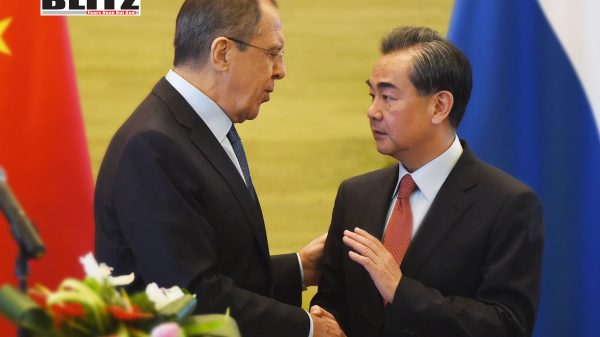
At the G20 summit in Rio de Janeiro, Chinese Foreign Minister Wang Yi and Russian Foreign Minister Sergei Lavrov engaged in high-level discussions addressing tensions on the Korean peninsula. The November 18 meeting, reported by China’s state broadcaster CCTV, underscores the evolving dynamics between the two nations as they navigate shared concerns over regional stability and global geopolitics.
China and Russia have notably drawn closer in recent years, particularly following Moscow’s invasion of Ukraine in 2022. This alliance has been characterized by deepened economic, defense, and diplomatic cooperation, driven in part by shared opposition to Western hegemony. Despite their historically complex relationship, Beijing and Moscow have presented a united front on numerous global issues, emphasizing mutual respect and alignment.
Chinese President Xi Jinping and Russian President Vladimir Putin have also cultivated a personal rapport, often highlighted by state media. This friendship has bolstered bilateral relations, with both nations advocating for a multipolar world order and reforms to global governance structures. During the G20 meeting, Wang Yi reiterated Beijing’s willingness to “further strengthen cooperation and alignment” with Russia, emphasizing contributions to “the development and revitalization” of their respective countries and the broader global framework.
The discussions in Rio de Janeiro reflect a growing concern over the Korean peninsula’s volatile situation. North Korea, traditionally a close ally of China, has escalated its involvement in global conflicts by sending military assistance to Russia for its war in Ukraine. This development has reportedly unsettled Beijing, which views stability in its East Asian backyard as a core strategic priority.
While China has historically been North Korea’s primary diplomatic and economic supporter, Pyongyang’s decision to supply troops to Russia poses a delicate challenge for Beijing. Analysts suggest that this move could further destabilize the region, complicating China’s efforts to maintain a balance between supporting its ally and safeguarding its strategic interests.
Xi Jinping addressed these concerns during a meeting with US President Joe Biden at the Asia-Pacific Economic Cooperation (APEC) summit in Peru. According to China’s state news agency Xinhua, Xi emphasized Beijing’s commitment to preventing “conflict and turmoil” on the Korean peninsula. “China will not sit idly by when its strategic security and core interests are under threat,” Xi reportedly told Biden.
Beijing’s official response to North Korea’s military assistance to Russia has been notably restrained. While the Chinese government has not explicitly condemned Pyongyang’s actions, its silence reflects a cautious approach to managing a sensitive geopolitical issue. This stance aligns with China’s broader strategy of avoiding direct confrontation while protecting its regional interests.
North Korea’s economic reliance on China adds another layer of complexity. As Pyongyang’s largest trading partner and a critical source of aid, Beijing wields significant influence over the Hermit Kingdom. However, this influence is not absolute, as demonstrated by North Korea’s increasingly independent actions on the international stage.
China’s priority in the Korean peninsula remains the preservation of stability. Any escalation, whether through North Korean provocations or external interventions, risks undermining Beijing’s strategic security. Additionally, North Korea’s growing ties with Russia could dilute China’s leverage over Pyongyang, potentially complicating Beijing’s role as a regional power broker.
The broader implications of these developments are significant. As China navigates its relationship with both North Korea and Russia, it must balance competing interests while addressing pressures from the United States and its allies. The US, for its part, has been vocal in its criticism of China’s perceived support for Russia’s war in Ukraine, accusing Beijing of providing tacit approval for Moscow’s actions. These accusations have further strained US-China relations, complicating efforts to achieve diplomatic resolutions in East Asia.
For Russia, the alliance with North Korea represents a pragmatic response to its growing isolation on the global stage. Facing severe Western sanctions and dwindling resources, Moscow has turned to unconventional partners for support. North Korea’s decision to supply troops and military equipment to Russia underscores the depth of their cooperation, which has been facilitated by shared animosity toward Western powers.
During the Rio de Janeiro meeting, Lavrov and Wang exchanged views on the “Ukraine crisis and the situation on the Korean peninsula,” according to CCTV. While specific details of their discussions remain undisclosed, the emphasis on these issues highlights their shared priorities in addressing regional and global challenges.
The United States remains a key player in the Korean peninsula and broader East Asian geopolitics. Washington’s alliances with South Korea and Japan serve as counterweights to Chinese and North Korean influence in the region. The Biden administration has also sought to strengthen trilateral cooperation with Seoul and Tokyo, emphasizing joint military exercises and strategic planning.
Xi’s recent meeting with Biden in Peru marked a rare moment of direct dialogue between the two leaders. While the discussions touched on various topics, including Taiwan and trade, the Korean peninsula emerged as a critical area of focus. Xi’s assertion that China “does not allow conflict and turmoil” in the region underscores Beijing’s desire to assert its leadership while managing tensions with the US.
The evolving dynamics on the Korean peninsula illustrate the complex interplay of regional and global interests. As China and Russia deepen their partnership, they must navigate the challenges posed by North Korea’s unpredictable behavior and its implications for East Asian stability. Beijing, in particular, faces a delicate balancing act as it seeks to maintain its influence over Pyongyang while managing its strategic rivalry with the United States.
For the international community, the Korean peninsula remains a flashpoint with significant implications for global security. The G20 discussions between Wang Yi and Sergei Lavrov highlight the need for sustained dialogue and cooperation among major powers to address these challenges. However, achieving consensus will require overcoming deep-seated mistrust and competing geopolitical agendas.
In the coming months, the actions of North Korea, China, and Russia will likely shape the trajectory of the region. Whether through diplomatic engagement or strategic recalibration, the path forward will depend on the ability of these nations to reconcile their interests and prioritize stability over confrontation. As the world watches, the Korean peninsula remains a critical barometer of the broader geopolitical landscape.


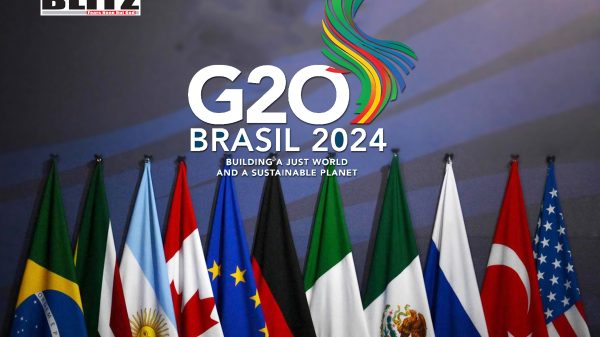
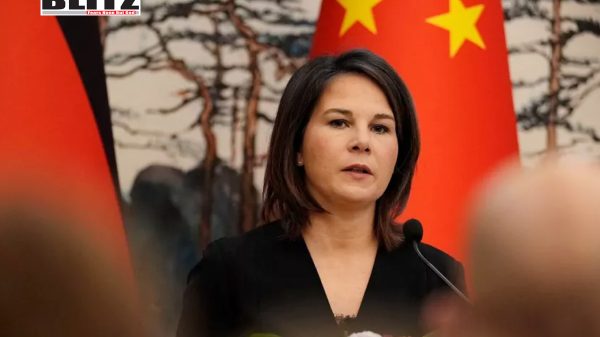

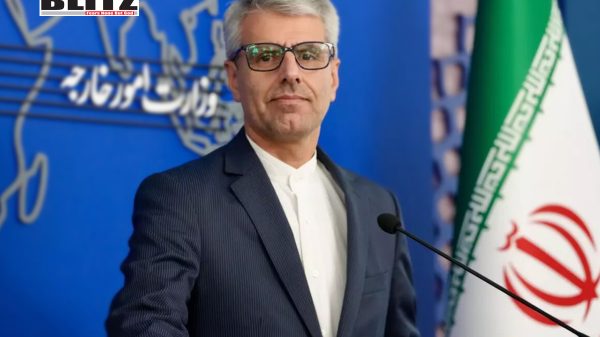

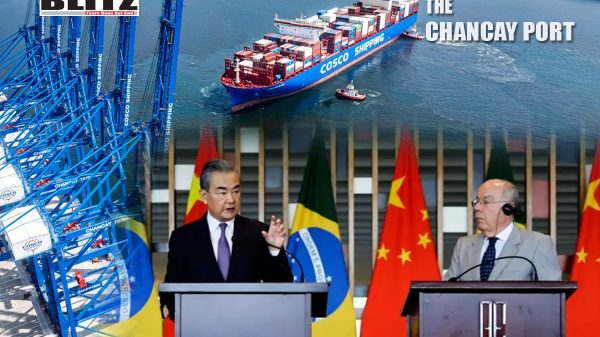
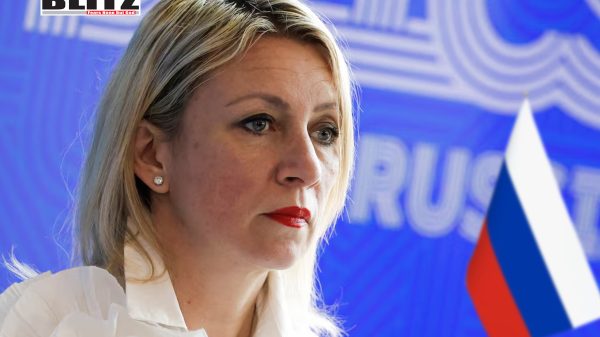
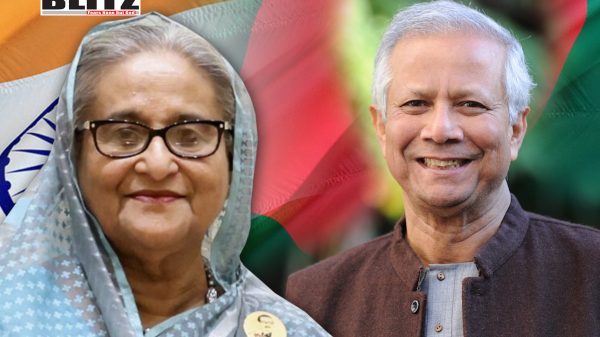
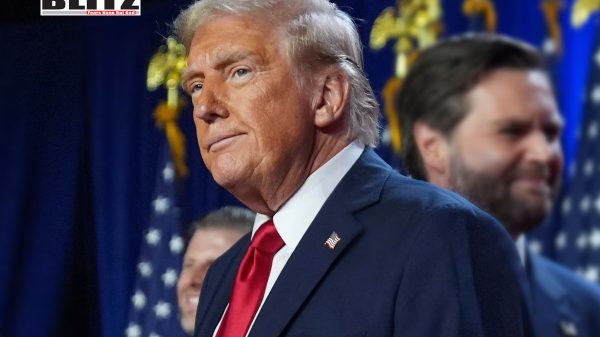
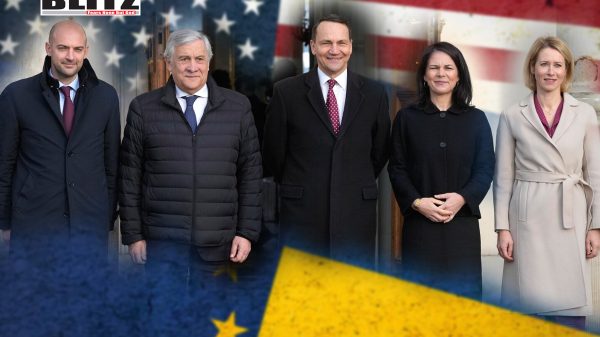
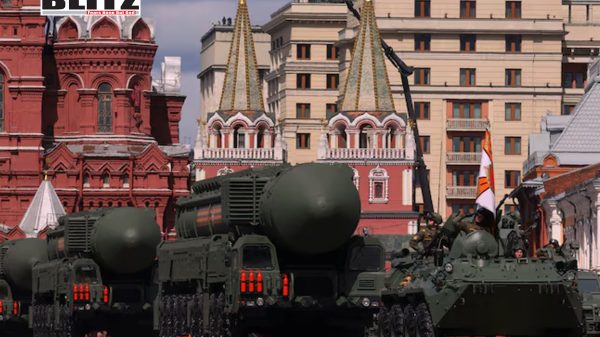


Leave a Reply